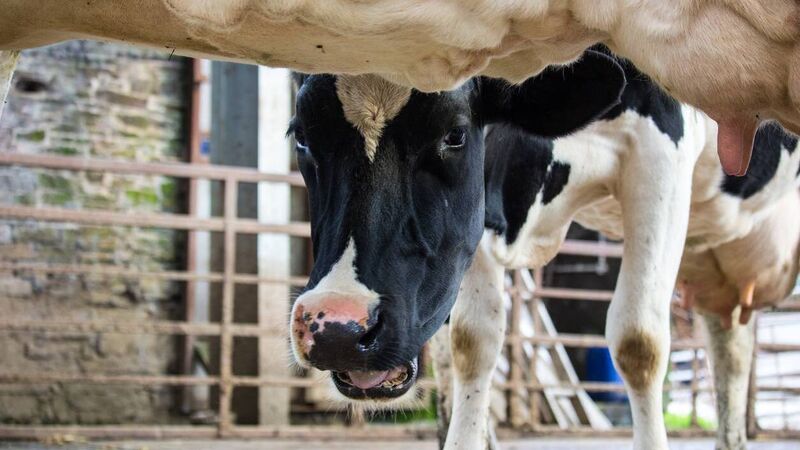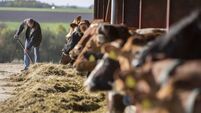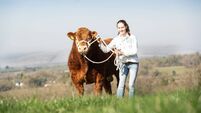Genetic gain in dairy cows has increased rapidly in recent years, report shows

Following the introduction of the Gene Ireland Programme and genomic selection, milk and fertility sub-indices have increased significantly.
The rate of genetic gain in the Economic Breeding Index (EBI) has accelerated rapidly over the last number of years.
According to the latest report from the Irish Cattle Breeding Federation (ICBF), the current annual trend in the EBI is €11.65 per year.











